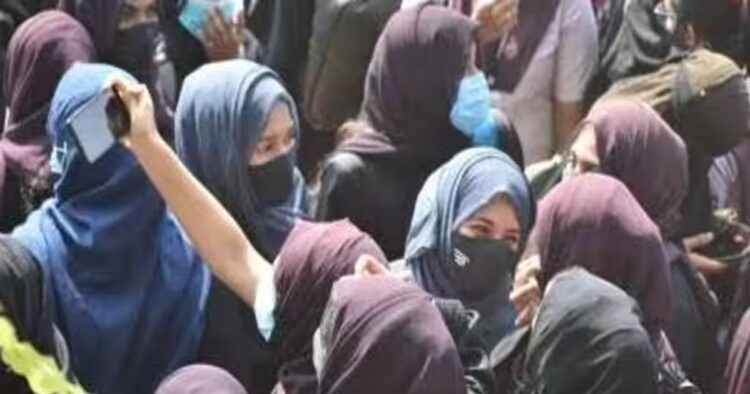On Sunday the Muslim Personal Law Board made an announcement that it will challenge the Supreme Court’s judgement which gives permission to divorced muslim women to seek maintenance even after completing the ‘Iddat’ period.
The board is also planning to start legal proceedings to challenge the executed Common Civil Code (CCC) by the Uttarakhand Government. According to the media reports, these announcements were made during the board’s working committee meeting held in Delhi.
The Supreme Court on July 10 ruled that Section 125 of the Code of Criminal Procedure (CrPC) applies to all married women, including Muslim women, allowing them to claim maintenance from their husbands under these provisions.
‘Iddat is a compulsory waiting period for a woman after her husband’s death or a divorce, during which she cannot remarry. This period is about clarity of any child’s lineage and serves as a time for mourning’, as per the Islamic sharia law.
The duration of ‘iddah varies: three lunar months (about 89 days) for a divorced woman, unless the marriage was unconsummated, in which case ‘iddah is not required; and four lunar months and ten days (around 128 days) for a widow. If the woman is pregnant, ‘iddah lasts until the birth of the child.
Islamic scholars see ‘iddah as a balance between mourning and protecting the widow from societal scrutiny for remarrying too soon. It also ensures the woman’s pregnancy status, as the period is roughly half the duration of a typical pregnancy.
As per the Islamic laws, during the iddah period man her husband is responsible to take care of her and maintain her expenses. But after completing the iddat period divorced women cannot seek any kind of maintenance from her ex-husband and she is free to choose and live life at her own choice. In a recent verdict, SC exactly reversed the process and allowed divorced muslim women to seek maintenance after completing the iddat period.
According to the media reports, ‘Syed Qasim Rasool Ilyas, spokesperson for the board, announced that eight resolutions were approved in their recent meeting’.
Ilyas said, ‘The first resolution addressed the recent Supreme Court judgment, which conflicts with Sharia law. The resolution claim that marriage in Islam is a sacred bond, and Islam strives to prevent divorce.
He added, ‘The decision of the Supreme Court, although claiming to protect women’s interests, may create issues for women in the context of marriage. If a man must provide maintenance even after divorce, it may deter him from seeking a divorce, leading to bitterness in the relationship. We will consult with our legal committee on how to challenge this decision’.
The Supreme Court also highlighted the need for Indian men to acknowledge the contributions of homemaker and ensure financial help through joint accounts and ATMs. Justices BV Nagarathna and Augustine George Masih ruled that Section 125 CrPC, which gives wives the right to maintenance, applies to all women, including divorced Muslim women.

















Comments